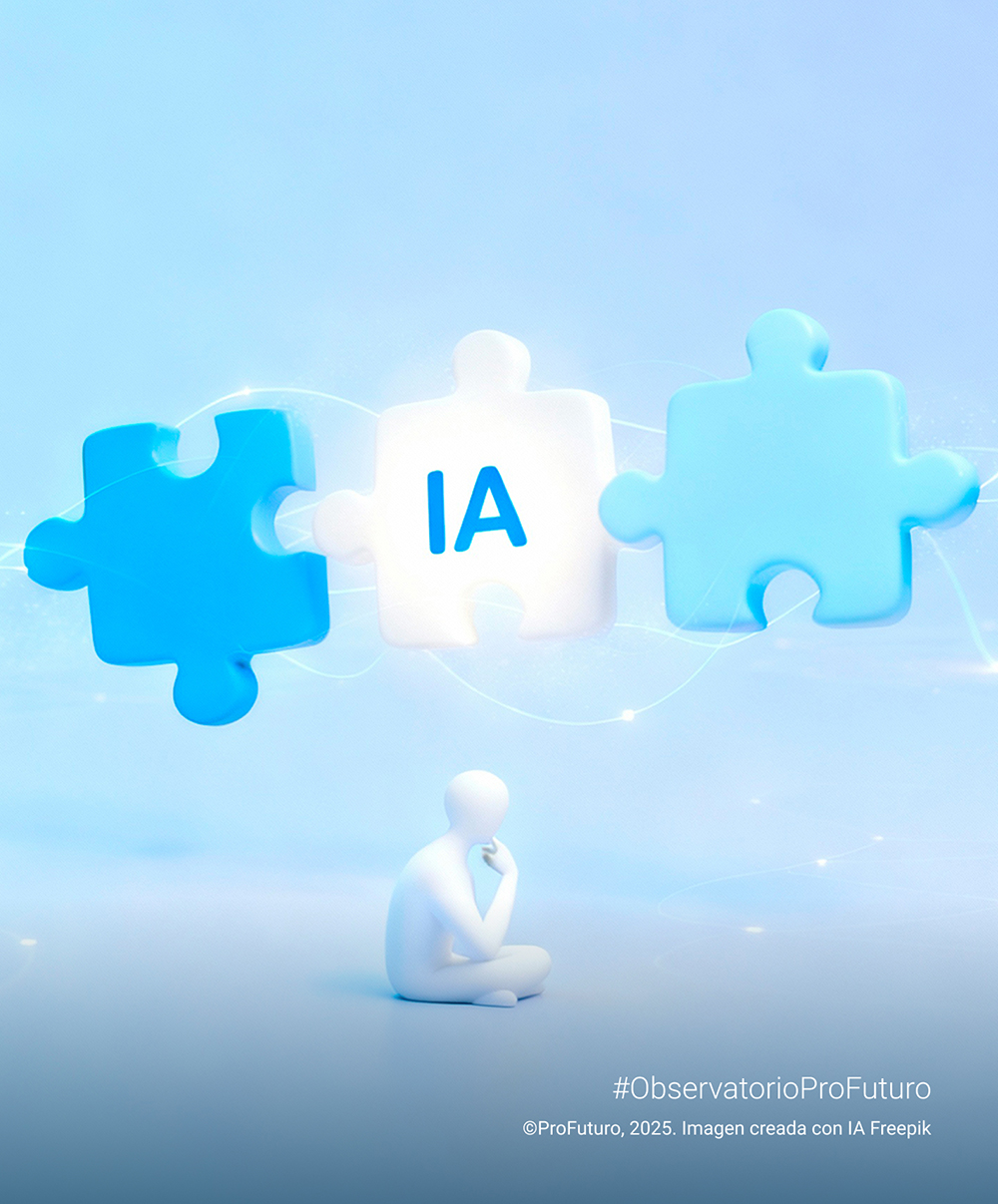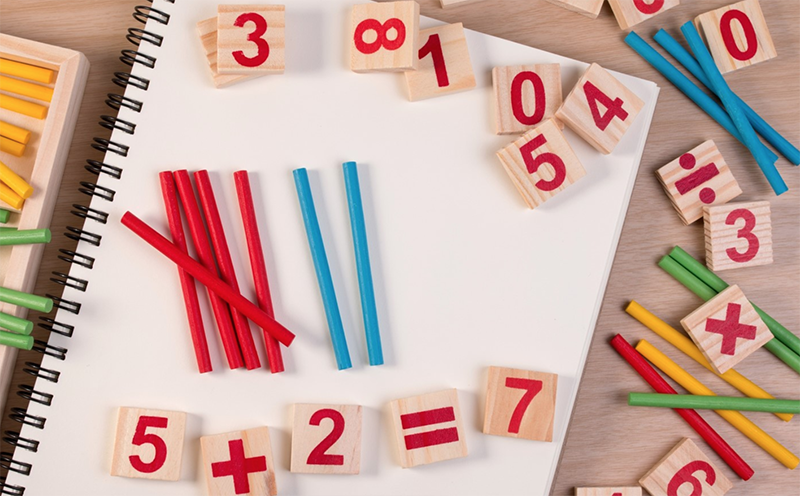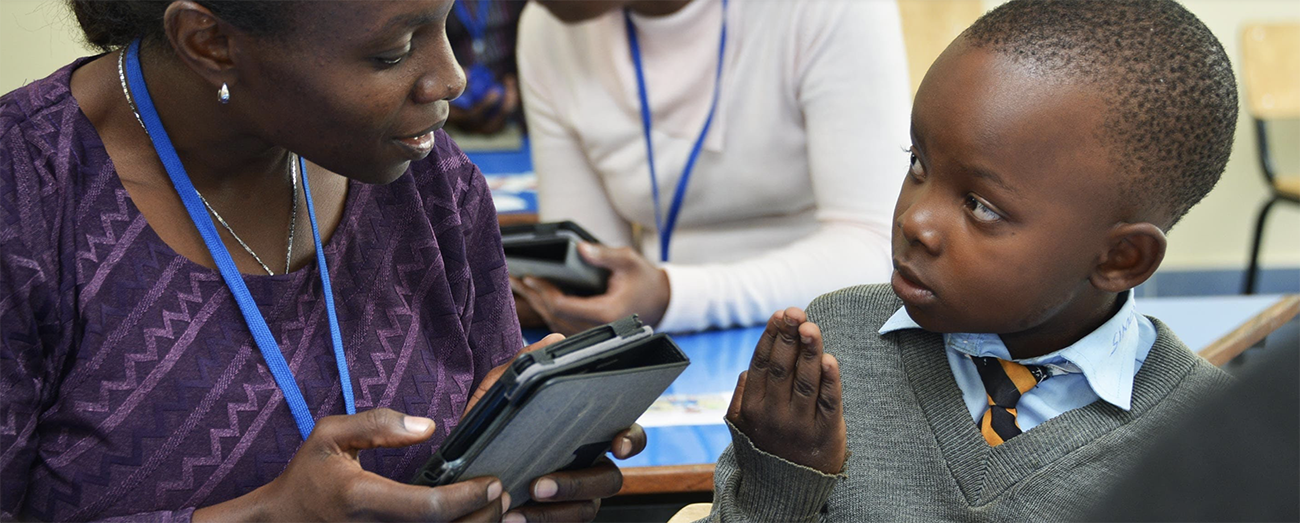Difficulties in learning to read or reading fluently, frequent spelling mistakes or lack of reading comprehension. Did you know that, according to Dyslexia and Literacy International, at least 10% of the world’s population could suffer from dyslexia? That is, more or less 700 million people in the world.
However, many are never diagnosed and the vast majority are diagnosed when it is too late to act. This late detection and the consequent lack of appropriate treatment increases the risk of school failure and, of course, has a very negative impact on their emotional well-being (children are teased by their peers, may be bullied and have irreparable damage to their self-esteem).
What exactly is dyslexia? In a nutshell, and to put it very simply, it is a disorder of neural origin which, as we have said, manifests itself in significant difficulties in reading and writing, due to problems in identifying speech sounds and understanding how these relate to letters and words.
Luz Rello was one of those children with dyslexia. Today she holds a degree in Linguistics and a PhD in Computer Science from the Universitat Pompeu Fabra. Steve Jobs, Pau Donés and Thomas Edison were also dyslexic. And so are Steven Spielberg, Richard Branson and the founder of Ikea. Dyslexia sufferers are by no means unintelligent people contrary to popular belief. They only have (solvable) difficulties with reading and writing. Studies have shown that people with dyslexia are creative, intuitive and innovative because their condition makes them particularly prone to think differently to solve their difficulties.
However, back to Luz Rello and her three dreams which include dyslexia no longer being a hidden disorder, overcoming the academic difficulties associated with dyslexia, and overcoming the socio-economic barriers to treatment. To fulfil them, Luz founded the social enterprise Change Dyslexia a project whose aim is that everyone should have access to a scientifically validated screening test and exercises, regardless of their social status.
Dytective is the tool that is making those dreams come true. Scientifically validated Dytective for Samsung detects the risk of dyslexia in less than 15 minutes; DytectiveU improves the literacy skills of children with dyslexia through 42,000 games that are personalised according to 24 cognitive skills; finally, socio-economic difficulties are addressed through Dytective grants.
Dytective uses machine learning tools for detection, which is a type of artificial intelligence. Specifically recurrent neural networks, one of the most popular algorithms today. Then, depending on the children’s performance, all the exercises are personalised, taking into account 24 cognitive variables, whether in terms of language skills, working memory or executive functions.
The result is more than 350,000 children who have been screened for dyslexia risk-free of charge and 431 with Dytective grants to reverse its effects. This way no more children fall by the wayside.






